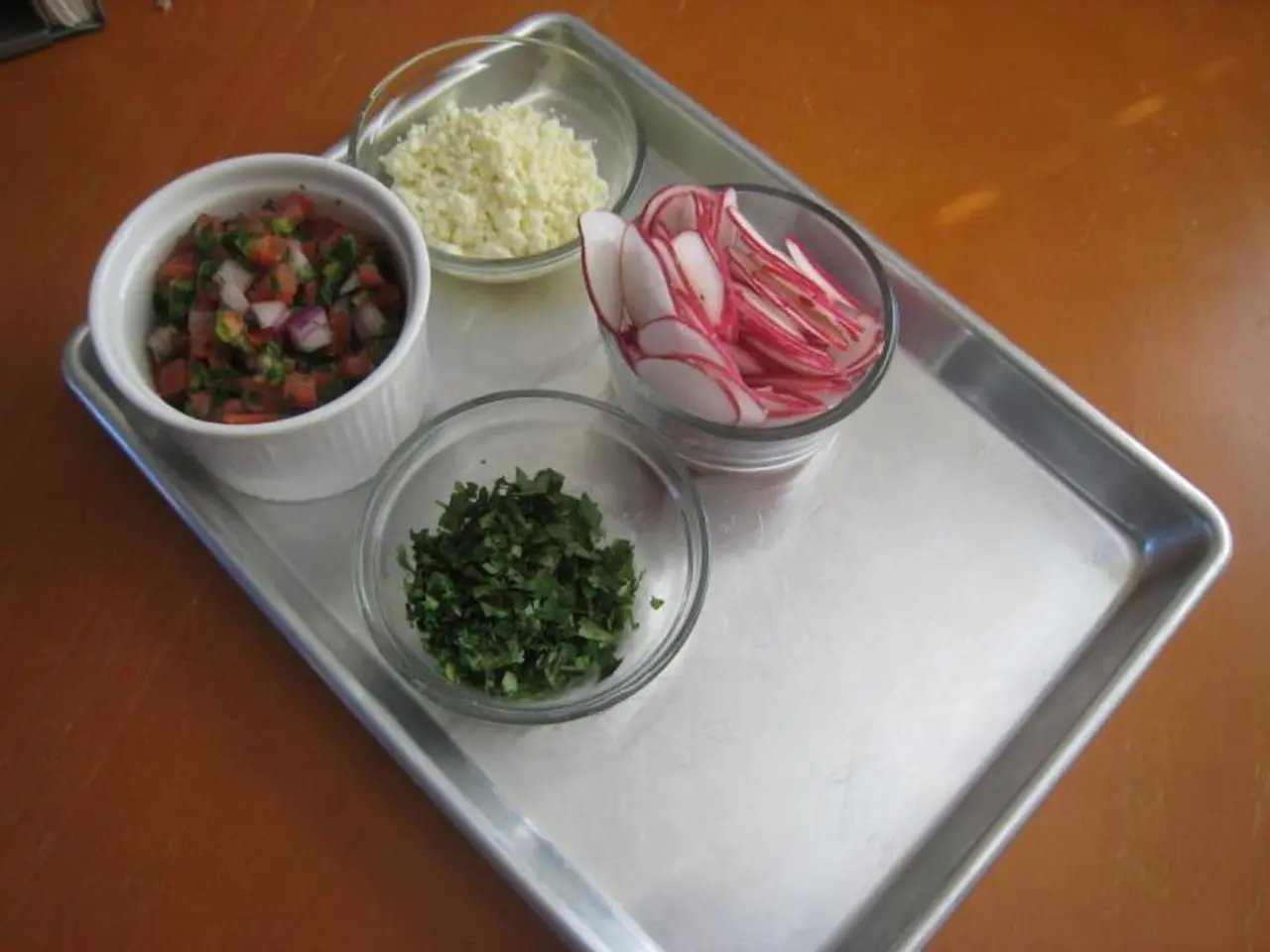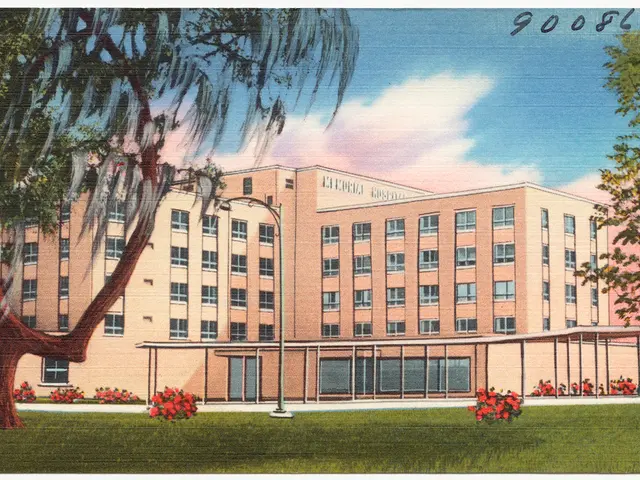City-Based Sustainable Agriculture: Homegrownanswers for Food Crisis
In the heart of modern cities, a green revolution is underway. Urban food hubs are playing a pivotal role in the future of urban agriculture, connecting farmers, consumers, and food businesses for faster, more efficient food supply chains, and increased access to local produce.
These hubs are more than just farms; they are community spaces that foster engagement, education, and empowerment. Data analytics and precision farming help farmers make better choices, boosting their efficiency and productivity. Engaging the community is achieved by building partnerships, hosting events like gardening classes and farmers markets, and involving community members in planting, tending, and harvesting.
Urban food hubs are making a significant impact across the United States, changing local food systems, tackling food insecurity, and supporting sustainable farming. Successful examples include Cincinnati's Urban Greens, Philadelphia's Greensgrow Farms, and Detroit's Black Community Food Security Network.
Urban food forests, another innovative approach, contribute to combating food insecurity, foster a sense of ownership and shared knowledge, and help reduce the urban heat island effect.
Starting an urban food hub requires careful planning and community involvement. One should first find out what the community needs, find a place for the farm or garden, make a detailed plan, find partners who can help, use permaculture and green farming, and engage the community.
Challenges faced by urban food hubs include limited space and regulatory hurdles, which require community and government support to overcome. Permaculture and related urban tree-based farming methods focus on biodiversity, soil health, and efficient resource use. These approaches include syntropic farming and agroforestry, which integrate multiple plant species in layers and mimic natural forests to increase productivity, biodiversity, and sustainability while reducing irrigation and chemical needs.
The future of urban food hubs and permaculture involves trends and innovations like urban farming using advanced technologies, smart irrigation, vertical farming, and better composting, making farming in the city more efficient, productive, and environmentally friendly.
In cities like Oakland and Brooklyn, permaculture projects are actively contributing to urban sustainability by transforming underused spaces into productive, community-managed food systems. These projects often incorporate permaculture principles—diverse, self-sustaining ecosystems designed for food production—leading to greater community engagement and environmental benefits.
Community involvement, diverse funding, and flexibility are key lessons learned from successful urban food hub models. The Kansas City Food Hub, for instance, serves thousands of students in K-12 schools, partnering with 8-9 school districts and discussing with 12 more. The Fawkner Food Bowls in Melbourne, Australia, is a community market garden that grows herbs, vegetables, and seedlings for the local area, receiving grants during COVID-19 to support intensive food production and distribution.
Urban food hubs increase community involvement, reduce environmental impact, promote local food systems, and support community control over food. They are more than just farms; they are community spaces that foster engagement, education, and empowerment.








